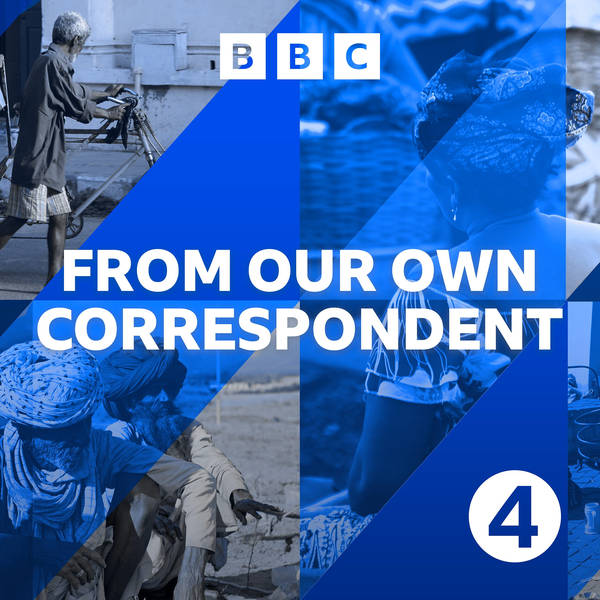
Tracing Syria's Captagon Trade
Kate Adie introduces correspondents' and writers' despatches from Lebanon and Jordan, Ukraine's battle fronts, the Caribbean island of Grenada, the BBC's bureaux abroad and the streets of the South Bronx in New York City.
Captagon is a small, amphetamine-like pill which has become one of the most popular illegal drugs in the Middle East. There is increasing evidence that large amounts of it are being manufactured inside Syria in collusion with allies of the ruling Assad family - then brought out into neighbouring Lebanon and Jordan by Bedouin smugglers. Emir Nader joined the soldiers and lawmen trying to choke off the drug supply routes.
Despite the Wagner Group's apparent mutiny last weekend, Russia's war in Ukraine has not stopped - or even abated. Along the front line, Andrew Harding saw how Ukrainian soldiers and medics are continuing their fight, eavesdropping on Russian troops, and treating the wounded.
It's been nearly 40 years since the US invasion of Grenada - triggered by a chaotic power struggle within the island's avowedly Marxist-Leninist New Jewel Movement. On Grenada's "Bloody Wednesday" 1983, there were more than a dozen firing-squad executions - and there are still enduring questions about the events. Mark Stratton asked why some of the bodies are still missing - including that of the island's widely admired leader Maurice Bishop.
Simon Wilson has worked abroad for the BBC for more than twenty years, in some of its most prestigious bureaux, including Jerusalem, Brussels and Washington DC. But his foreign news career started out in much less promising conditions - at the notoriously dismal office in Bonn. He pulls back the curtain on some of the more unexpected features of the BBC's premises overseas.
And in the South Bronx, there are signs of creeping gentrification on what used to be some of New York City's meanest streets. Not everyone is a fan of the changes, though. Writer and broadcaster Lindsay Johns has been exploring today's cultural scene in the Boogie Down - including a thriving Black-owned bookshop.
Producer: Polly Hope Editor: Richard Vadon Production Co-ordinator: Helena Warwick-Cross
